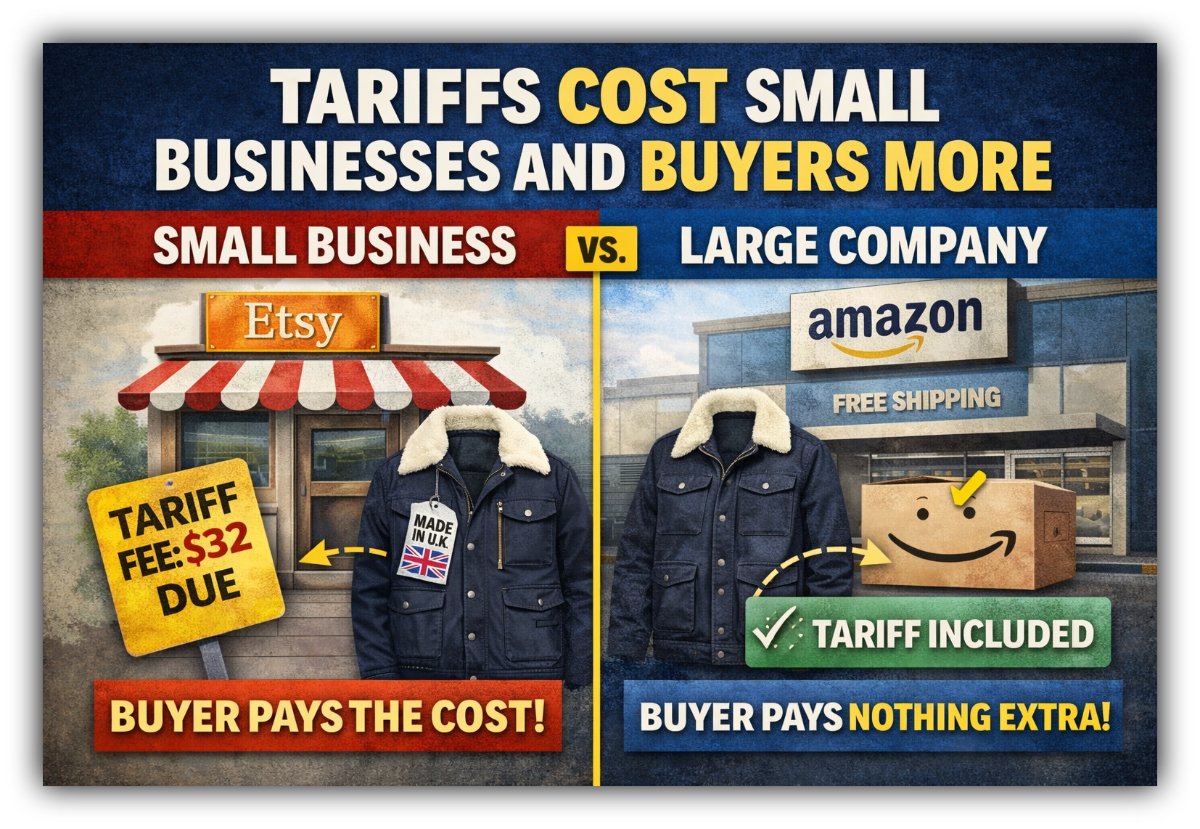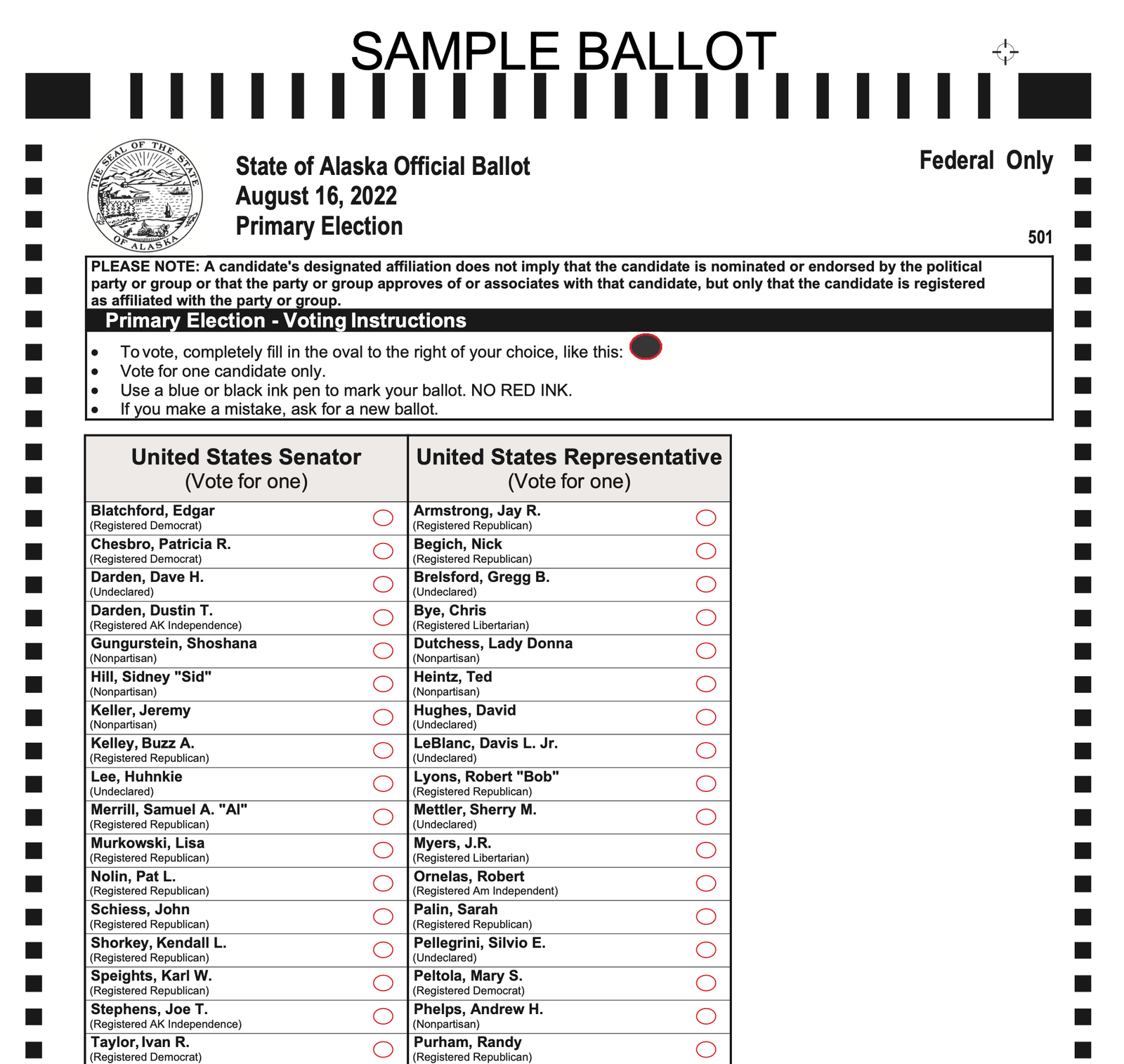U.S. Treasury Secretary Scott Bessent speaks with Maria Bartiromo on Fox Business, outlining the Trump administration’s plans to support everyday affordability and previewing initiatives, including $2,000 paychecks for working Americans.
By Gina Hill | Alaska Headline Living | November 2025
Treasury Secretary Scott Bessent’s recent claim that mass immigration is driving U.S. beef prices by bringing diseased cattle across the southern border has ignited fierce debate. He tied the surge in costs to a New World Screwworm outbreak, alleging migrants transported infected livestock up from South America. But leading agricultural scientists, veterinarians, entomologists, and livestock economists strongly disagree: there’s no credible evidence for such a cattle migration, no confirmed screwworm infections in U.S. herds, and the true causes of rising beef prices are far more complex and rooted in economics, not immigration.
Treasury Secretary Scott Bessent discusses U.S. beef prices on Fox Business with Maria Bartiromo, framing the economic debate around border policy, disease control, and market pressures. Bessent’s interview begins at 2:22 in the video. Watch the full segment here.
Fact vs. Fiction: What Experts Are Really Saying
Bessent’s Claim
- In a November 2025 Fox News interview, Bessent said that migrants carried cattle infected with screwworm, reintroducing a disease “we’d been rid of in North America.” Washington Examiner+2Mediaite+2
- He linked this to the U.S. decision to shut the border to Mexican beef, blaming it for part of the supply crunch. Washington Examiner+1
What Agricultural and Scientific Experts Are Saying
1. Veterinarians & Entomologists
- According to the USDA’s Animal and Plant Health Inspection Service (APHIS), no screwworm flies have been detected in U.S. livestock during this outbreak. APHIS
- An entomologist at Texas A&M University, Professor Phillip Kaufman, has emphasized that the primary defense is sterile-insect technique (releasing sterile male flies), not blaming migration. Midland Reporter-Telegram
- A longtime veterinarian writing for AgDaily reflects on past screwworm eradication efforts, warning that while the threat is real, invasive-cattle narratives ignore decades of biosecurity work. AG Daily
2. Livestock Economists
- Analysts note that while screwworm concerns do factor into cattle supply risks, the bigger drivers of high U.S. beef prices are economic: drought‑driven herd declines, rising feed and operational costs, and tight supply chain capacity. Newsweek+1
- According to Beef Magazine, screwworm-related volatility has rattled markets, but traders largely weigh tight domestic supplies and border restrictions, not mass livestock smuggling by migrants. Beef Magazine
3. Government & Regulatory Scientists
- USDA officials maintain vigilance: they’ve intensified surveillance, nearly 8,000 traps in key border states, but stress the risk remains preventive, not because of confirmed migrant‑driven disease spread. APHIS
- In response to a travel-associated human case of screwworm (in Maryland), USDA and CDC concluded there’s no evidence of infection in U.S. animals and assessed the risk to agriculture as very low.
Why Experts Say Bessent’s Theory Doesn’t Hold Up
- No Confirmed Animal Cases from Immigration. There’s no peer-reviewed or official veterinary data showing migrant-transported cattle, let alone infected ones, entering U.S. herds in meaningful numbers.
- Logistical Implausibility. Experts point out how unlikely it is for large numbers of migrants to move cattle safely across long, dangerous migration routes, especially when doing so would require infrastructure, space, and risk far beyond typical border crossings.
- Stronger, Proven Economic Factors at Play. Drought, feed-cost inflation, market consolidation, and disrupted trade are far more defensible as explanations: these are backed by historical data and ongoing analysis.
- Real Biosecurity Response Is Proactive, Not Reactive. USDA’s import bans, trap networks, and fly-sterilization programs reflect a prevention-first effort, not a fear-based crackdown on migrant livestock.
Bottom Line
While the screwworm is a genuine biosecurity concern, leading scientists and agricultural economists reject Bessent’s depiction of a mass “invasion” of diseased cattle as the root cause of U.S. beef inflation. Instead, they emphasize long-standing economic pressures, tightened supply, and careful preventive measures … not immigration … as the real story behind rising meat costs.




